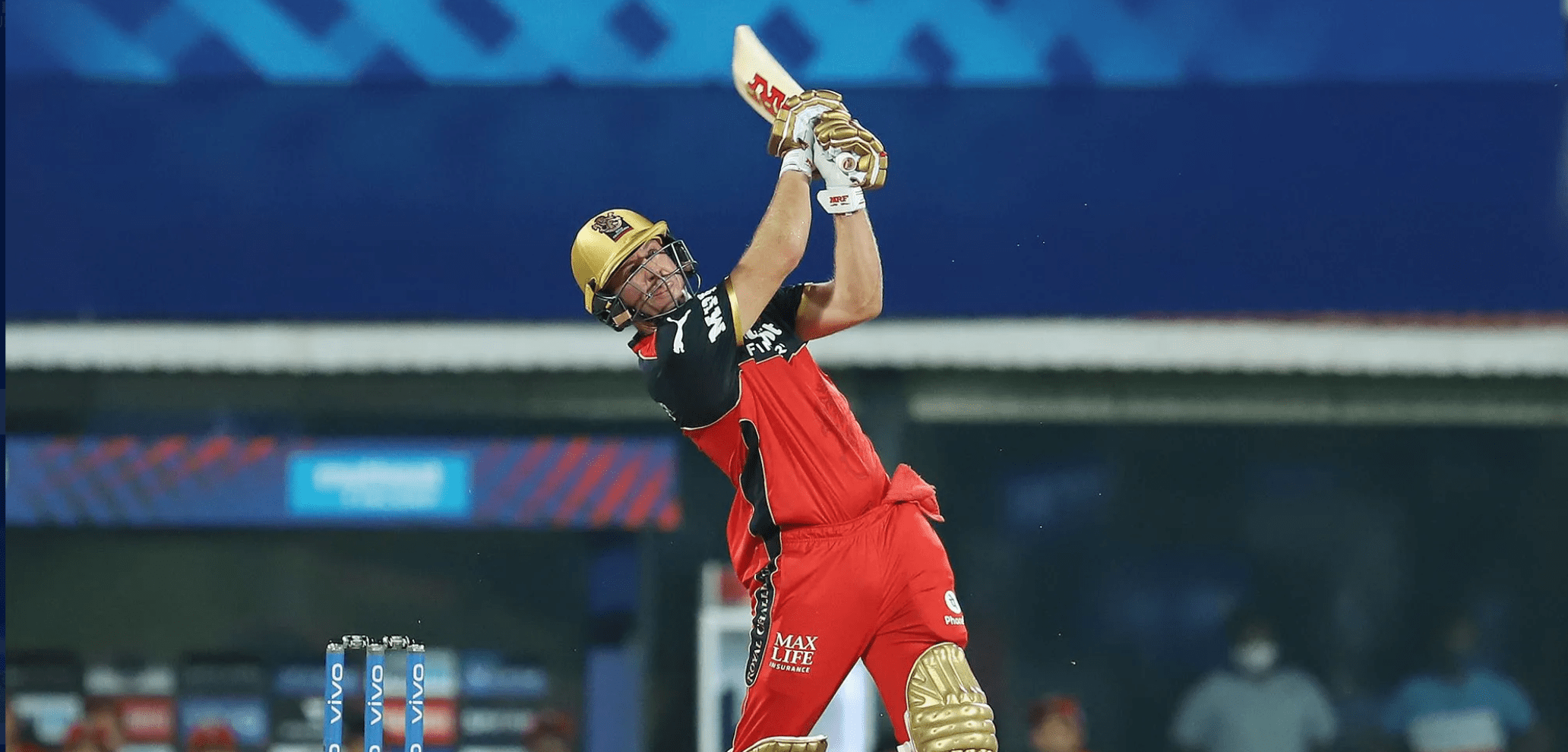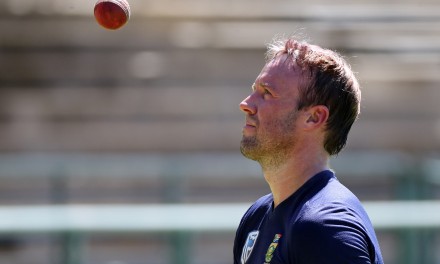The Board of Control for Cricket in India and the Indian Premier League’s Governing Council have decided to postpone IPL 2021 indefinitely after news broke out that players in four teams have tested positive for COVID-19.
Should we be surprised? No.
Should we be infuriated? Absolutely. I am.
What was the BCCI thinking when it decided to host the IPL in India? The significantly more dangerous second wave of COVID-19 infections had started ripping through India in late February, early March. By the time the IPL was in its second week around mid-April, India was reporting over 300,000 new cases everyday. This past weekend, India registered over 400,000 new cases per day. While India was struggling to breathe, given the acute shortage of medical oxygen across the country, the IPL continued unaffected.
By no means am I suggesting that the IPL should not have been played at all, nor am I implying that IPL franchises bear responsibility for this. My primary argument is that the IPL should not have been played in India, where citizens are in desperate need of medical assistance. It should have been played in the UAE, which has a remarkably lower COVID-19 caseload compared to India, and is well-equipped to stage the IPL successfully.
Each IPL team has, approximately, 100 people in its bubble, including players, support staff, and hotel staff. Through the course of a two-month tournament, each individual in the bubble does 25 RT-PCR tests. That amounts to 2,500 tests per team, and 20,000 tests across all eight teams. This number excludes match officials, commentators, and television production teams, all of whom are in their separate bio-bubbles. These tests are processed and their results are delivered to the franchises immediately. \
Meanwhile, in the rest of the country, it could take days for a test result to be delivered, and if there is a decline in the health of a patient in this interim period, they cannot be hospitalized because hospitals need a COVID-19 positive test report upon admission. With all medical facilities across the country overwhelmed, there are heart-wrenching images of people crawling on roads, begging for oxygen.
Crematoriums have been so overburdened that parking lots have been used as makeshift crematoriums to perform the last rites of those India have lost to this devasting disease. The stark contrast between the images of people struggling to breathe and IPL teams celebrating their victories is difficult to comprehend.
The BCCI simply cannot argue that the sharp rise in COVID-19 cases was unexpected. The warning signs presented themselves a month before the IPL began. During the five-match India v England T20 series, the BCCI had planned for the Narendra Modi Stadium to be occupied at 50 percent capacity, which was estimated at 65,000 people. After the first two T20s, there was, unsurprisingly, a spike in the number of COVID-19 cases in Ahmedabad, as a result of which, the remaining three T20s were played behind closed doors. Did they really think the IPL would have been spared of COVID-19?!
Upon reflection, it is hard to imagine the logic that the BCCI employed in moving the IPL to India, particularly after an incredibly successful IPL in the UAE in 2020. With the IPL now indefinitely suspended, we can only hope that players are able to return to their families safely.











